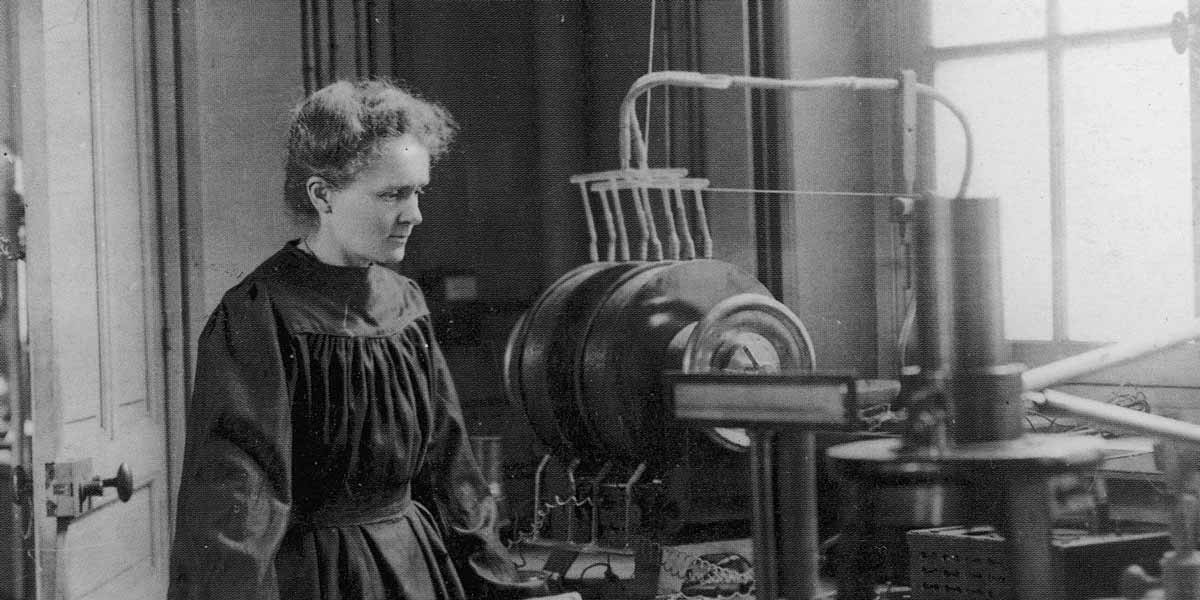Truths About Radon
Radiation Protection

Is radon really bad for you?
Breathing radon over time increases your risk of lung cancer. Radon is the second leading cause of lung cancer in the United States. Nationally, the EPA estimates that about 21,000 people die each year from radon-related lung cancer. Only smoking causes more lung cancer deaths.
Interior radon can be reduced by sealing cellar foundations, water drain, or by sub-slab, or sub-membrane depressurization. In many cases, mitigators can make use of PVC piping and specialized radon suction followers to wear down sub-slab, or sub-membrane radon and also various other soil gases to the outside ambience. The majority of these services for radon mitigation call for upkeep, as well as it is essential to constantly change any fans or filters as required to continue proper performance. A radon degree of 4.0 pCi/L is still a wellness threat, which is why it is essential to have specialist radon mitigation. Expert reduction can commonly lower radon levels to 0.4 pCi/L.
The majority of health as well as radiation specialists concur that while a little part of granite countertops could produce enhanced degrees of radon, the majority of counter tops release incredibly low levels. According to the US Environmental Protection Agency (EPA), it's extremely unlikely that a granite countertop in a home would certainly boost the radiation degree above the normal, all-natural background degree that comes from close-by dirt and rocks. Still, individuals worried concerning radon from countertops and from various other family resources can check these degrees using home detection sets or can hire an expert to do the testing (see the area "Exactly how can I prevent direct exposure to radon?"). The words radon test "fell short" or radon test "passed" are thrown around around.
Is radon mitigation really necessary?
When radon gas enters the body, it exposes the lungs to small amounts of radiation. In small quantities, experts say this is harmless. However, in persistent exposures or larger quantities, radon can damage the cells of the lining of the lungs, increasing a person's chance of developing lung cancer.
It's impossible to get to an absolutely no percent threat in locations where radon prevails, but minimizing the gas level as much as is viable deserves the effort. Smoking cigarettes remains the top source of https://milopiem813.hatenablog.com/entry/2020/09/02/040711 lung cancer cells in the United States. Nevertheless, radon is normally the 2nd largest contributor to the condition in any kind of given year. You can elevate your danger for lung cancer cells 9 times over when you incorporate a smoking cigarettes habit with a home that has hazardous radon levels. Understanding simply what is radon screening isn't simply essential if you're a cigarette smoker or there's a smoker in your house, but it's important for everyone.
- Your risk of lung cancer raises significantly with direct exposure to higher radon degrees.
- Radon gas is a naturally-occurring byproduct of the contaminated degeneration of Uranium in the soil.
- Depending on your geographic location, the radon levels of the air you breathe outside of your house may be as high as 0.75 pCi/L.
- The US EPA has put it simply, specifying, "Any kind of radon exposure has some risk of creating lung cancer cells.
Unless you have a high rate of air circulation moving via your residence in all times, radon can build up inside the residence and get to hazardous levels. With the lowest survival price among several of one of the most usual cancers, lung cancer is one of the most feared diseases in the nation.
In a home with forced air heating & cooling, radon gas can quickly be dispersed throughout the whole residence. When radon gas is discharged by means of a radon mitigation system over the roofing system, the radon concentration falls off significantly with range from the factor of discharge. As a matter of fact, the radon gas focus approaches background levels at 3-4 feet from the discharge factor.
How long does it take for radon to cause cancer?
Fact: You will reduce your risk of lung cancer when you reduce radon levels, even if you've lived with an elevated radon level for a long time. Keep in mind that radon levels below 4 pCi/L still pose some risk and that radon levels can be reduced to 2 pCi/L or below in most homes.